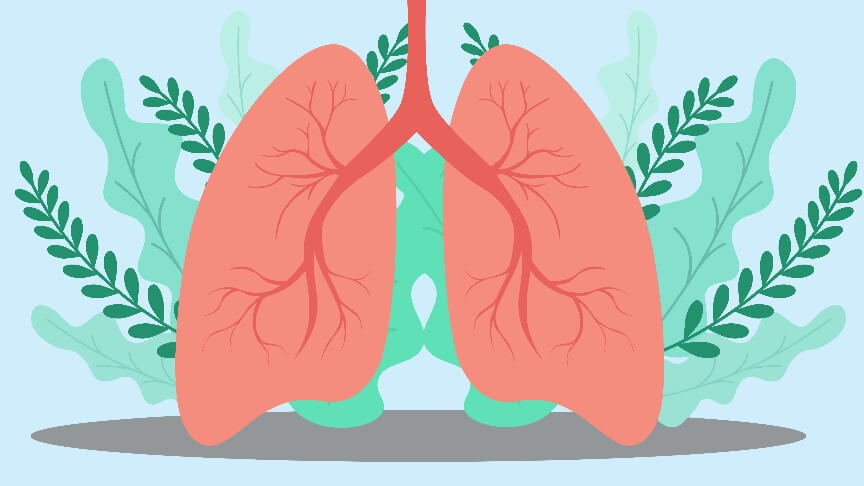Lung Cancer Mutations
What are Lung Cancer Mutations, what tests are done? Some lung cancer cases are caused by mutations in a patient’s individual genes that were either inherited or developed during their lifetime. Prior to a diagnosis, testing for these gene mutations will help a patient understand their risk of developing different kinds of cancer. Finding certain mutations in cells can also help to confirm a cancer diagnosis.
After a lung cancer diagnosis is made, testing for genetic mutations can provide the following benefits:
- Predicted response to standard treatment methods
- Overall prognosis of the patient
- Drugs targeting the protein made by the abnormal gene
Clinical researchers are hopeful that cancer treatments of the future will be driven by the gene changes in cancer cells. Clinical trials targeting gene mutations for cancer types other than lung are active today. It is thought that 10% of cases today are due to inherited genes, and the rest are developed from gene mutations acquired during an individual’s lifetime.
What Mutations are Tested for Lung Cancer?
Several mutations are known to be much more common in lung cancer patients than others. Ongoing research studies show how these mutations affect the prognosis of lung cancer in order to develop more effective treatments. However, 31% of all lung cancer cases have an “unknown oncogenic driver”. These individuals do not have the opportunity to receive the currently available targeted therapies. The most common genes with mutations are:
- EGFR
- KRAS
- ALK
- MET
- HER2
It is important to know exactly what mutation you have because the targeted therapies are intended for a specific genetic makeup. Therefore, they will be ineffective or possibly dangerous for individuals with different mutations or without mutations at all.
How to Test for Lung Cancer Mutations
Speak with your physician about getting tested to learn the exact mutations you may have. These mutations will help predict response to treatment and chance of recurrence. For many large cancer centers, it is routine to test lung cancer patients. Most often, a tissue biopsy will be taken of your tumor. Otherwise, a liquid biopsy can be performed by collecting a sample of blood that identifies cancer cells in the blood and their genetic mutations. A liquid biopsy is less invasive and can be used when the tumor is in a place that is hard to access.
Not all lung cancers are caused by genetic mutations. Non-small cell lung cancer is more likely to be caused by genetic mutations than small cell lung cancer. If the cancer was developed due to a mutation, then there may be targeted therapies available for your specific cancer case. Targeted therapies often lead to positive outcomes and cause less symptoms than standard treatments, like radiation or chemotherapy.
Sources
Lung Cancer Foundation of America



